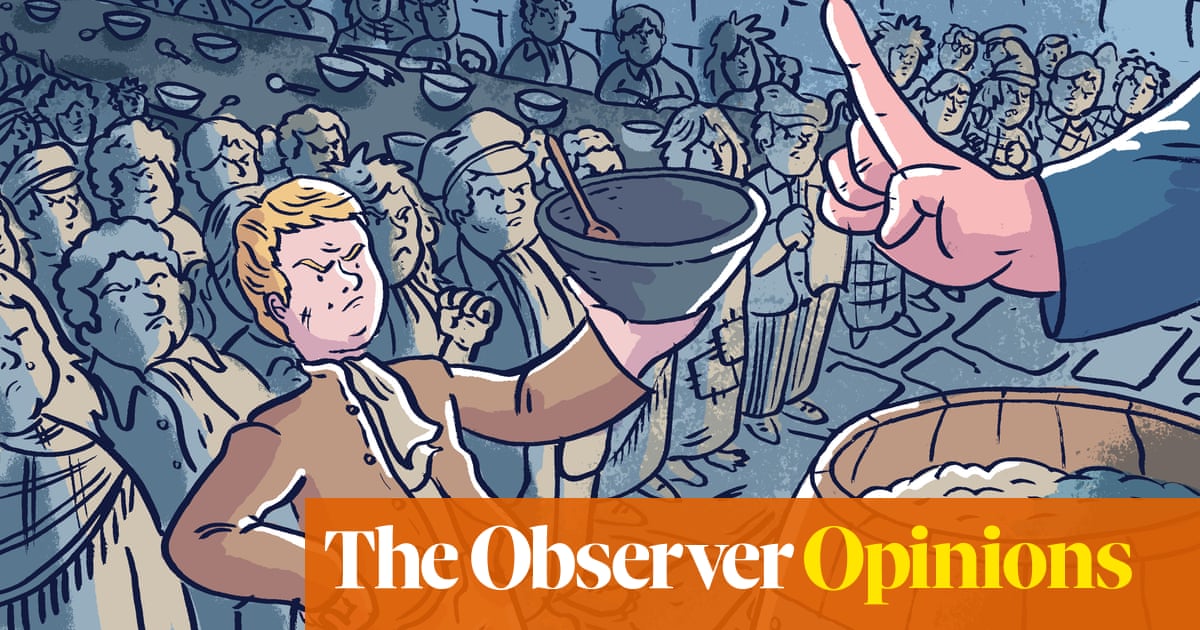
The government of the British Virgin Islands has finally committed to introducing public registers of beneficial ownership for companies incorporated in the tax haven.
The announcement, made in the islands’ parliament, comes after years of tax evasion and money laundering scandals, in which shell companies incorporated in the territory regularly played a central role.
Andrew Fahie, the premier and minister of finance, informed the House of Assembly in a heavily caveated statement last week that the BVI government would work “towards” public registers of beneficial ownership.
“Subject to our reservations below on the format that the publicly accessible registers of beneficial ownership is to take,” Fahie said, “your government commits to work in collaboration with HMG [Her Majesty’s Government] towards a publicly accessible register of beneficial ownership for companies.”
Fahie said progress would be “in line with international standards and best practices as they develop globally” and would aspire to match the EU’s most recent anti-money-laundering directive.
“I wish to emphasise as stated above, this undertaking is subject to our reservations which include that the format must be in line with international standards and best practices as they develop globally and, at least, as implemented by EU member states,” Fahie said. “In advancing this commitment, we will be informed at all times by global best practice at the time within a timeframe that we consider deliverable.”
The Foreign Office minister for the overseas territories and sustainable development, Liz Sugg, tweeted that the BVI would be adopting public registers by 2023.
Global Witness, the international anti-corruption NGO, welcomed Fahie’s statement.
“Every time that there’s a global exposé on illicit finance, the BVI’s name comes up,” said Ava Lee, the group’s anti-corruption campaign leader. “The recent leak of files from FinCEN showed that at least 20% of the occasions when banks in the US raised suspicions of money laundering involved BVI companies, and half the companies exposed by the Panama Papers were registered there.”
Lee said while the small print of the announcement would inevitably need inspection, the broader message acknowledging the inevitability of public registers was an important victory for the cause of transparency.
“This is a significant win for anti-corruption campaigners and we welcome the government of the British Virgin Islands in making this commitment to openness,” she said. “It’s now vital that the government, along with all the other overseas territories, implement the registers on time, with information in an open data format that is free for all to access.”
Determined to spearhead an international fight against financial crime, David Cameron’s UK government introduced public registers of beneficial ownership in 2016, forcing companies to state the identities of their true owners.
However, the government faced pressure over the status of the UK’s crown dependencies and overseas territories, former British colonies that remain under the aegis of the crown, some of which spent decades developing their financial services sectors.
The BVI opted to specialise in company formation, whereby customers from around the world would be able to easily and quickly create new companies with most information about their ownership and management hidden from public view by law.
While boosting the country’s financial services sector, that strategy also transformed the BVI into one of the most high-risk money laundering jurisdictions in the world. Mossack Fonseca, the now-defunct law firm behind the Panama Papers, singlehandedly incorporated thousands of companies on the island every year.
BVI companies have also been used to evade international law. Two years ago the US Department of Justice announced that shell companies in the country had been used by North Korea to circumvent US sanctions.
Despite ongoing resistance to implementing public registers, the BVI’s hand was in effect forced after the British parliament voted two years ago to require all of its overseas territories to implement publicly available registers of beneficial ownership.












